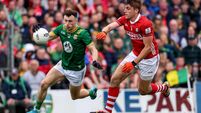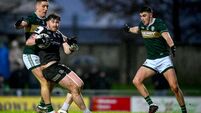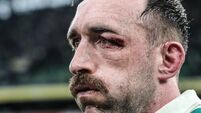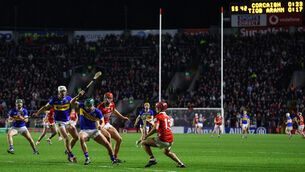Ireland: The 25th best team in Europe

To put it another way: after Saturday’s result, qualification is still possible but not, you would have to say, probable.
One big result – either beating Germany or Poland – and hoping Scotland slip up somewhere, possibly in Georgia, now seems to be our best hope of salvation. But would I be optimistic that we can make the most of that slim chance? No.












